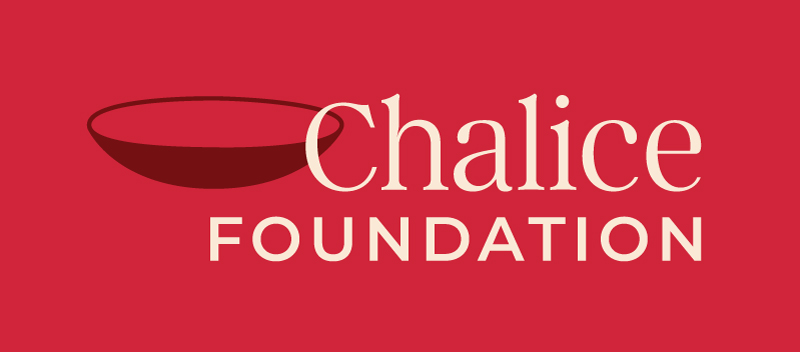This week on The Leak Dr Nina Hall reflects on how she developed her awareness on how periods are managed and how changing practices and taboos around menstruation and hygiene is complex when meeting the needs of different communities in Australia.
Not long ago, I did not know that was such an event as International Menstrual Hygiene Day. I now understand that the date- May 28- was picked with a sense of humour: a period occurs on average every 28 days and lasts on average for five days. Hence 28/5. Neat.
Also not long ago, I had not given much thought the many aspects that support me to go through every day of the month in the same way- whether or not I have my period. Now, I think monthly about the reusable products that I can buy, use and maintain; the laundry facilities that are in my home and in working order; the pain relief that’s affordable and in my purse; of the confidence in which I openly purchase disposable products when needed; and the knowledge and understanding of my body’s cycle that I know is there when I speak to my support network of both genders. I now know that not every menstruating person has these benefits, and that those five or so days each month might be very uncomfortable, difficult or frightening.
Another thing that did not happen before was that I never spoke about my period or anyone else’s- except in a discrete whisper or euphemism, or in a scientific way to explain personal development to my growing daughter. Now I speak on radio, in conferences, at dinner parties and in front of school children about this oft-taboo “women’s business” issue. Now, every time I step out of my old comfort zone to do this, I find there are so many voices keen to join in the conversation. They, too, would like to talk about this. We then dive right in usually: ‘What products do you use? How do you use it? Is it safe? How do I clean it? How can we ensure that more menstruators have access, ease, affordability and knowledge about managing their menstrual health?’.
All this awareness started for me in 2017. I was conducting research about Australia’s efforts to meet Sustainable Development Goal 6- and asking whether all Australians had access to safe drinking water and effective sewage treatment in Australia (spoiler: they don’t- especially in remote Indigenous communities). The people I interviewed from remote communities made comments that I took some time to understand. Linked with clean water and sanitation is the goal of hygiene- which combine to be referred to as ‘WASH’: water, sanitation and hygiene.
Hygiene- including menstrual health and hygiene- is the trickiest of the three dimensions. It requires not just structural changes but behavioural and attitudinal changes. In these communities, period care products were nearly double the cost in a remote store and it can be a ‘shame job’ to buy them so publicly. Certain products might be disallowed by older family members. Waste services might not be regular, hot water systems might go unrepaired for a long time by the housing provider, bathroom doors might not have locks, washing machines might not be nearby or accessible, and it might not be acceptable or possible to keep a stockpile of supplies in a crowded home. There also might not be much information being shared to young people as the schools are not delivering it in sufficient detail or traditional education channels might not be possible where families are living apart. All of these barriers can build up to result in menstruators missing school, family, sport or educational events.
Fast forward to 2018 and I was invited to co-facilitate an Indigenous women’s yarning circle about these challenges – and how to resolve or remove these barriers. This yarning circle provided a valuable opportunity to hear from adult women, including elders. The actions identified as critical for opening up this conversation and ensuring period parity rather than period poverty included advocacy to open up this formerly-silenced conversation, calling for delivery of free period care products, and piloting change programs in remote communities.
Many of these initiatives have moved forward in recent years- with the election of a Young Australian of the Year on menstrual health, the GST removed from tampons, efforts for free products in South Australia.
As for the pilot project in remote Indigenous communities, the women emphasised the protocol of ‘nothing about us, without us’. And so, by invitation and in partnership from key community leaders, I became involved in the Dignity Everyday cultural project in Western Cape York. And that’s a whole big exciting story in itself for telling another time- and for telling with the Indigenous women who have led this important work.
Acknowledgement: Thank you to my Indigenous teachers and collaborators, especially Ms Minnie King and Professor Sandra Creamer.
Our next blog on The Leak will see Dr Hall team up with Minnie King to discuss attitudes and knowledge of menstruation amongst adolescent boys and girls in a remote Indigenous communities in Western Cape York with her work in the Dignity Everyday cultural project. You can read it here.

Dr Nina Lansbury Hall
Dr Nina Lansbury Hall is a researcher on environmental health within The University of Queensland’s School of Public Health. Her current research at UQ examines health aspects for remote Indigenous community residents on both mainland Australia and in the Torres Strait in terms of housing, water and sewerage, and women's health.


